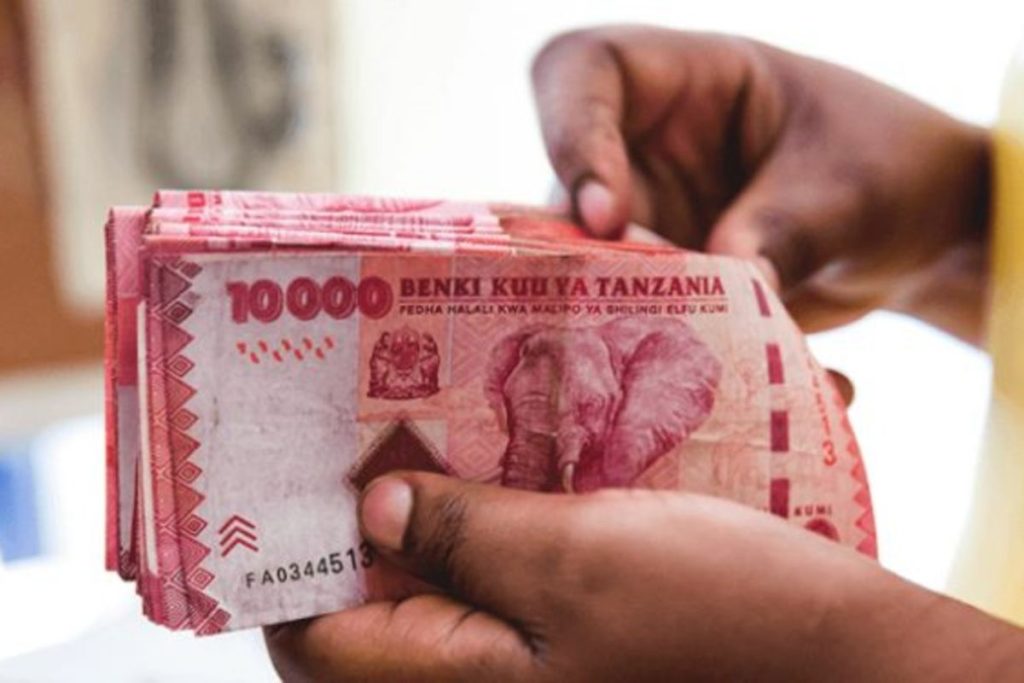Illicit financial flows (IFFs) pose a significant challenge to Tanzania’s economic stability and development. Defined as funds illegally earned, transferred, or utilized, IFFs drain the country of vital resources, undermine governance, and perpetuate corruption. Addressing this complex issue demands a multifaceted approach that integrates policy, enforcement, and international cooperation.
At the heart of combating IFFs lies a robust policy framework. Tanzania has taken significant steps to strengthen its legal and regulatory environment. Legislation targeting money laundering, tax evasion, and illicit trade activities has been enacted and enforced more rigorously. However, continuous refinement and adaptation of these laws are essential to keep pace with evolving financial crimes.
Effective enforcement is critical in disrupting illicit financial networks. Strengthening investigative capabilities, enhancing collaboration between law enforcement agencies, and investing in forensic financial analysis are pivotal. Furthermore, empowering regulatory bodies to monitor and sanction financial institutions involved in facilitating IFFs is essential to close loopholes exploited by illicit actors.
Read Related Analysis: Stopping the Money Drain: Tackling Illicit Financial Flows in Tanzania
Promoting transparency and accountability across public and private sectors is foundational to combatting IFFs. Tanzania must prioritize measures that enhance transparency in financial transactions, procurement processes, and corporate governance. Public access to information regarding government revenues, expenditures, and contracts fosters trust and reduces opportunities for corruption.
IFFs transcend national borders, necessitating robust international cooperation. Tanzania benefits from partnerships with neighbouring countries, regional organizations, and global initiatives aimed at combating financial crimes. Enhanced information sharing, mutual legal assistance, and capacity-building initiatives strengthen Tanzania’s ability to track and recover illicitly acquired assets.
Efforts to combat IFFs align closely with Tanzania’s commitment to achieving the Sustainable Development Goals (SDGs). Recovering stolen assets and redirecting resources towards education, healthcare, and infrastructure investments are integral to fostering inclusive growth and poverty reduction.
For More Analysis, Dive into: EXPLAINED: Tanzania Listed on FATF’s 2024 Dirty Money Watchlist: A Call for Stringent Reforms
Tackling Tax Abuse
Tax abuse, encompassing tax evasion, tax avoidance, and illicit financial flows, remains a significant challenge for Tanzania. Despite various reforms and initiatives to improve tax compliance and revenue collection, the country grapples with the complexities of tax abuse. This article delves into the multiple forms of tax abuse in Tanzania, their impact on the economy, and the measures to be taken to address these issues.
Tax evasion involves illegal practices where individuals or businesses deliberately misrepresent their financial affairs to reduce tax liability. This includes underreporting income, inflating deductions, and hiding money and investments in undeclared offshore accounts. In Tanzania, tax evasion is prevalent in both the formal and informal sectors, undermining the revenue collection efforts of the Tanzania Revenue Authority (TRA).
Unlike tax evasion, tax avoidance exploits loopholes in the tax law to minimize tax liabilities legally. Multinational corporations (MNCs) often engage in profit shifting, where they transfer profits from high-tax jurisdictions to low-tax jurisdictions, thereby reducing their overall tax burden. This practice, although legal, results in significant revenue losses for Tanzania, which struggles to retain taxes from its extractive and other sectors.
Impact on the Economy
Tax abuse significantly reduces the government’s revenue, limiting its ability to fund essential services like healthcare, education, and infrastructure. Estimates suggest that Tanzania loses billions of dollars annually due to tax evasion and avoidance.
Tax abuse exacerbates income inequality. Wealthy individuals and corporations that engage in tax avoidance and evasion contribute less to the public coffers, placing a disproportionate tax burden on lower-income individuals and small businesses.
Pervasive tax abuse undermines public trust in the tax system and the government. When taxpayers perceive that tax laws are not applied fairly and consistently, their willingness to comply diminishes.
Measures to Combat Tax Abuse
The Tanzanian government has been working to close legal loopholes that allow tax avoidance and evasion. Strengthening tax laws and regulations, coupled with robust enforcement mechanisms is crucial. The TRA has intensified audits and investigations to detect and penalize tax evaders.
International cooperation is vital in tackling tax abuse, particularly for addressing issues related to multinational corporations and IFFs. Tanzania is a member of the African Tax Administration Forum (ATAF) and the Global Forum on Transparency and Exchange of Information for Tax Purposes, which facilitate information sharing and collaborative efforts to combat tax abuse.
Also, read: From TZS 2.5 Trillion to TZS 791 Billion: Remittance Drop Signals Alert for Tanzania’s Economy
Modernizing tax administration through digitalization and capacity building is essential. The TRA has implemented various technological solutions to improve tax collection and compliance. Enhancing the skills and capabilities of tax officials can also lead to more effective enforcement and reduced opportunities for abuse.
Increasing public awareness about the importance of tax compliance and the negative impacts of tax abuse is crucial. Educational campaigns can help foster a culture of compliance and encourage voluntary tax payments.
Challenges and the Way Forward
Limited resources, capacity constraints, and sophisticated financial schemes employed by illicit actors necessitate continuous adaptation and innovation. Strengthening public-private partnerships, leveraging technology for financial monitoring, and enhancing citizen awareness are crucial components of a comprehensive strategy.
In conclusion, tackling illicit financial flows in Tanzania requires a unified approach that integrates policy reforms, enhanced enforcement, transparency measures, and international cooperation. By prioritizing these efforts, Tanzania can safeguard its economic integrity, promote sustainable development, and ensure a prosperous future for its citizens.

